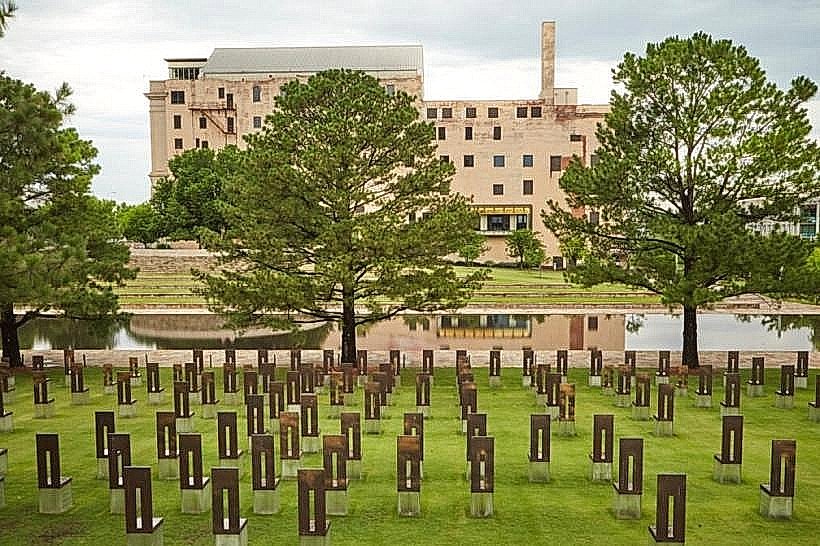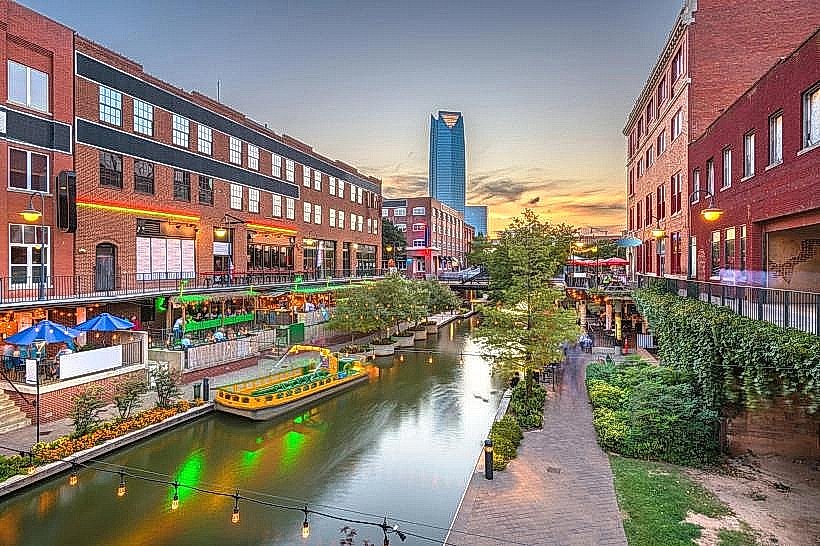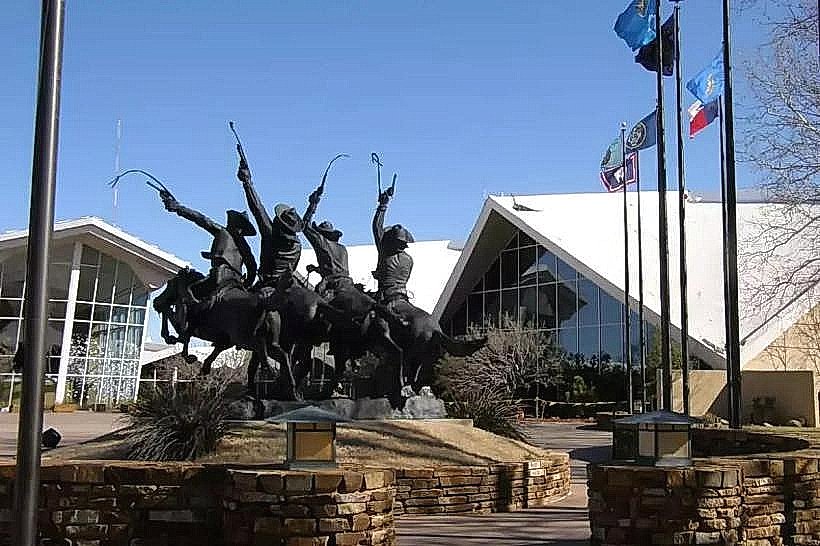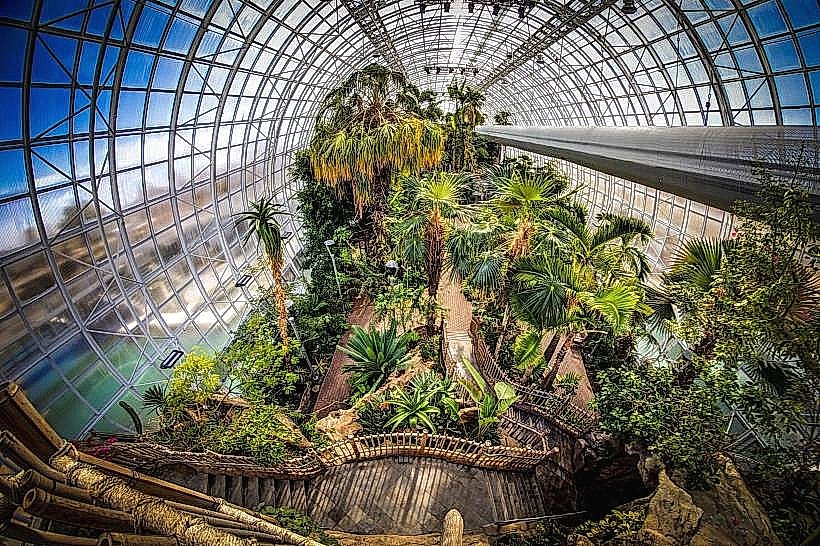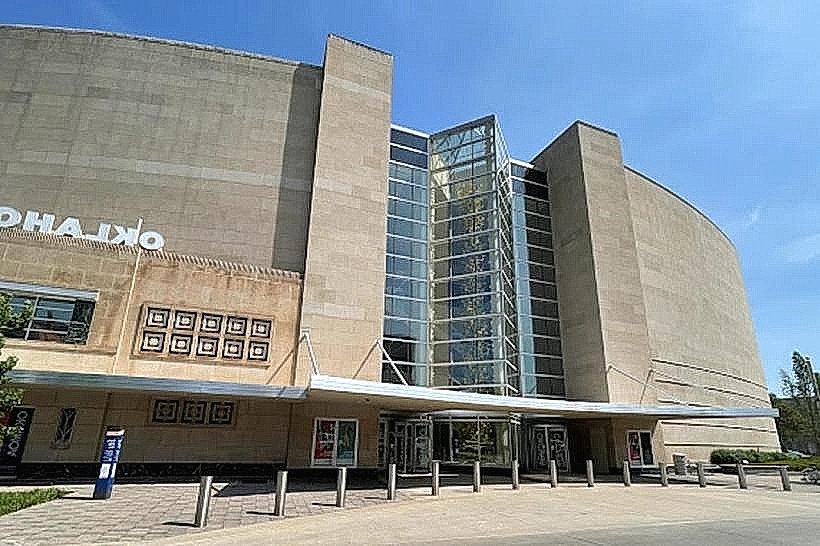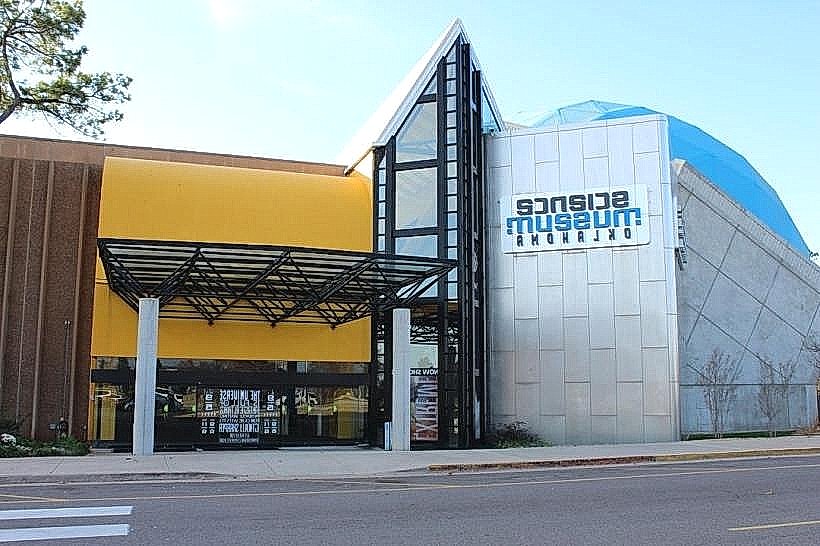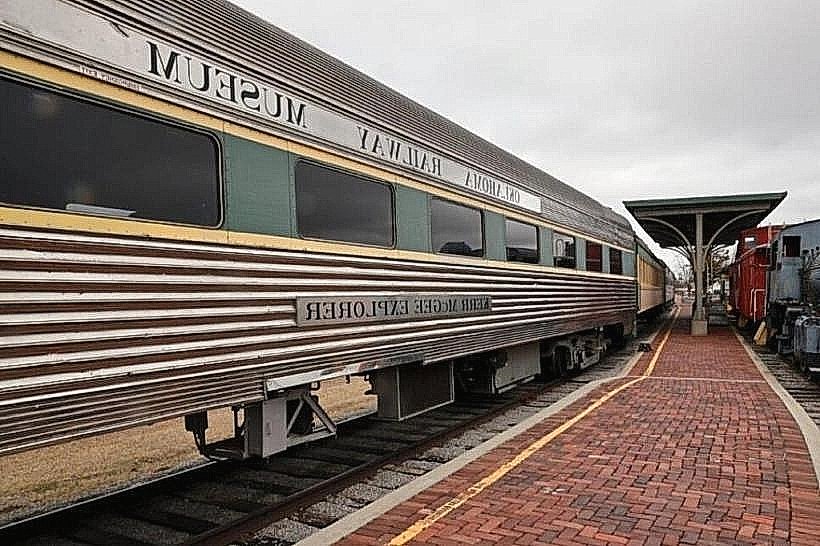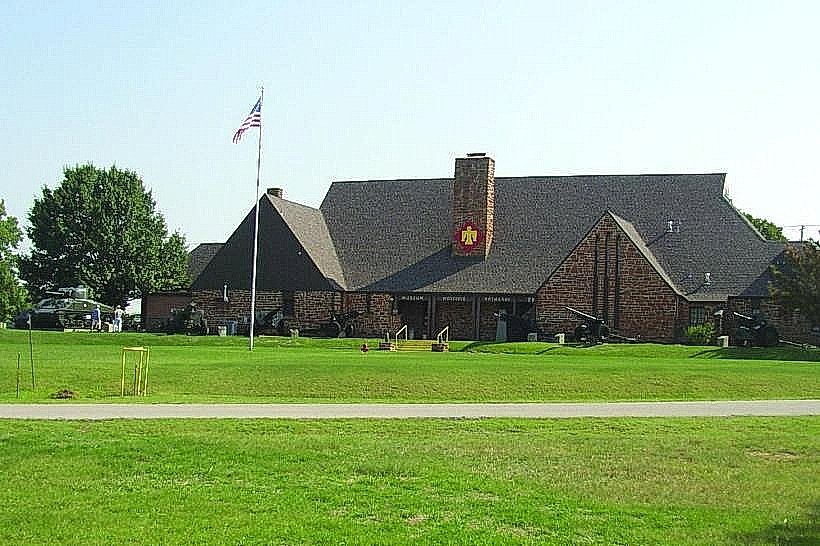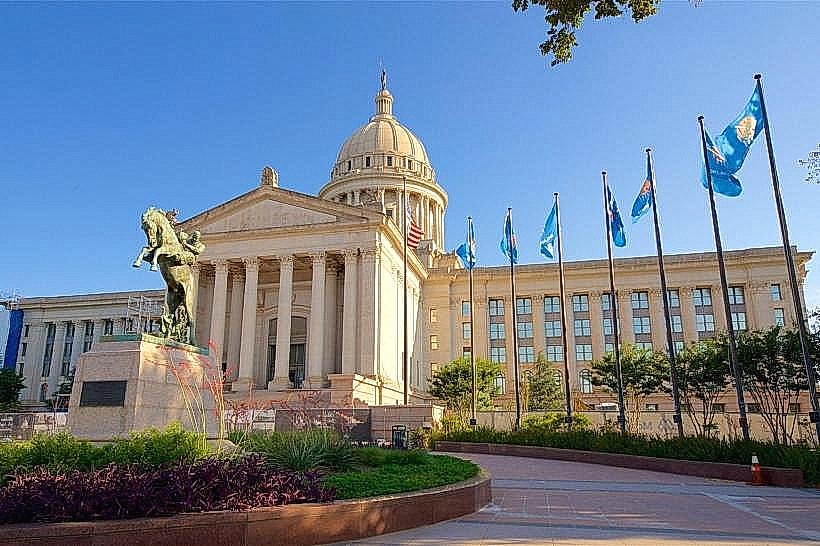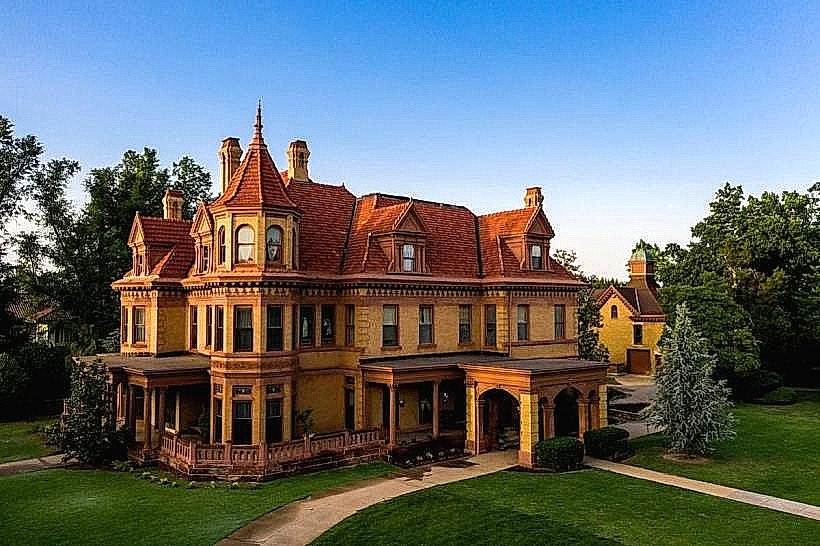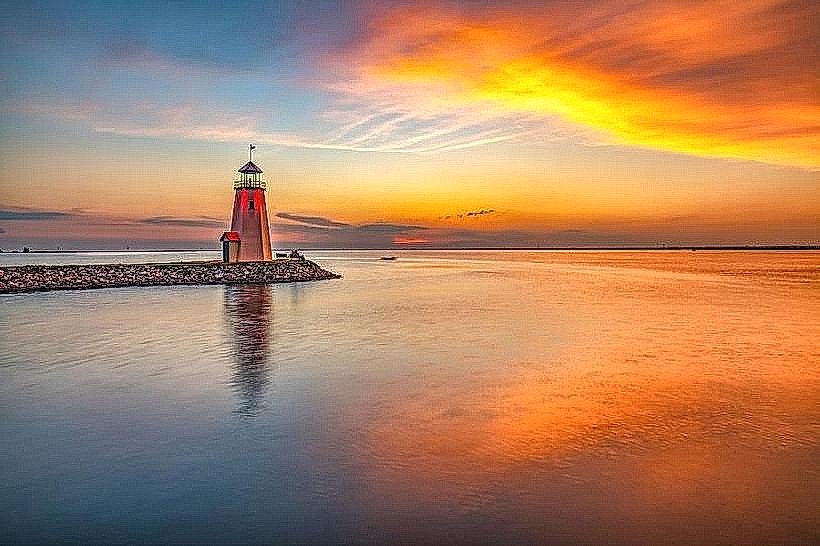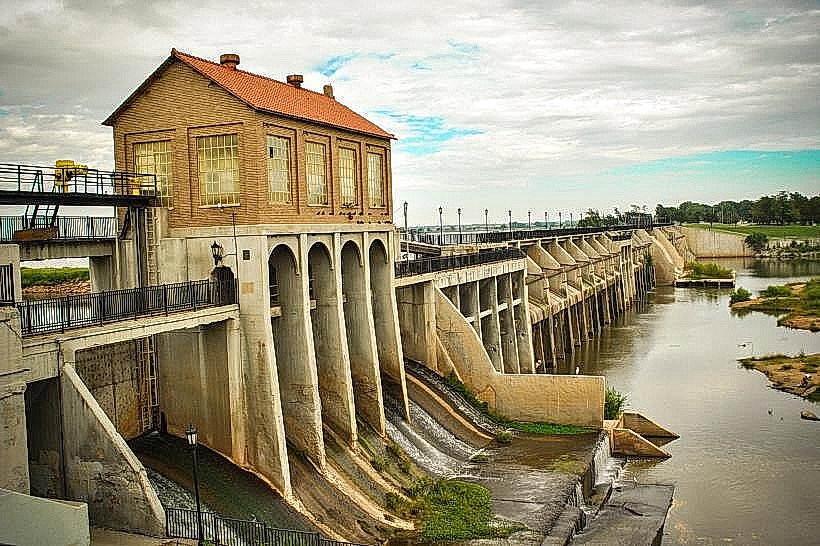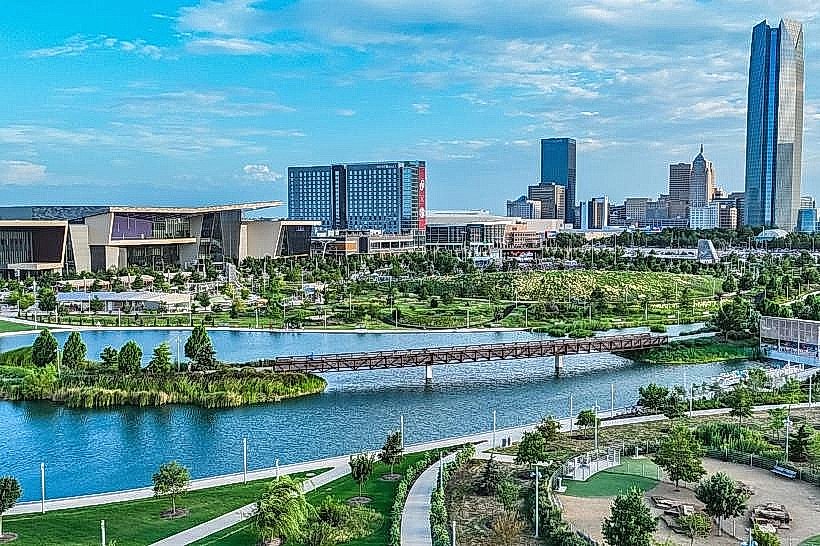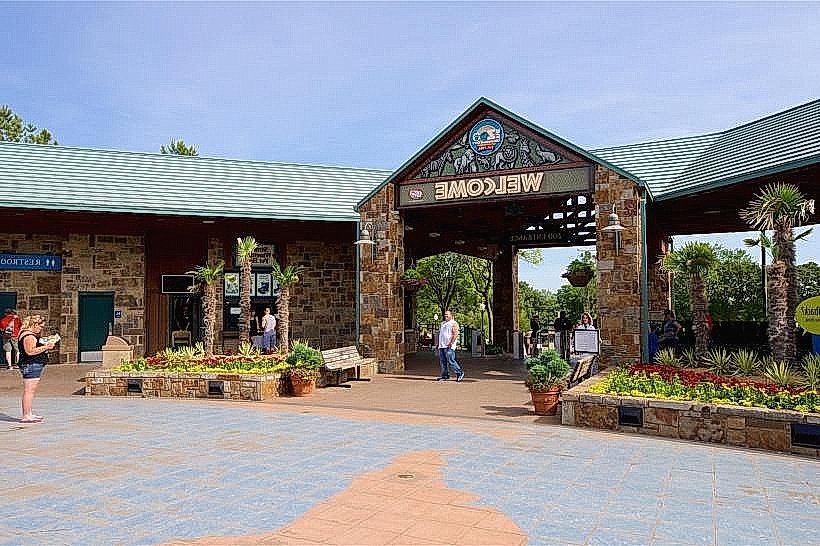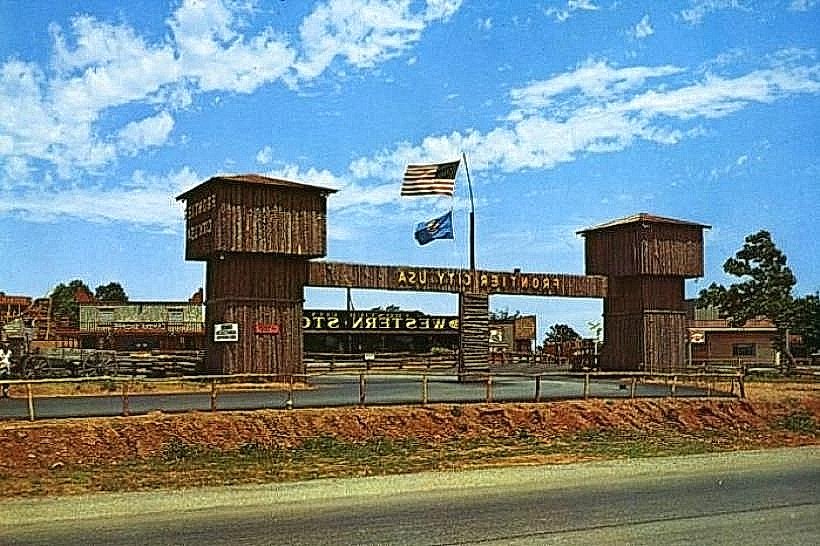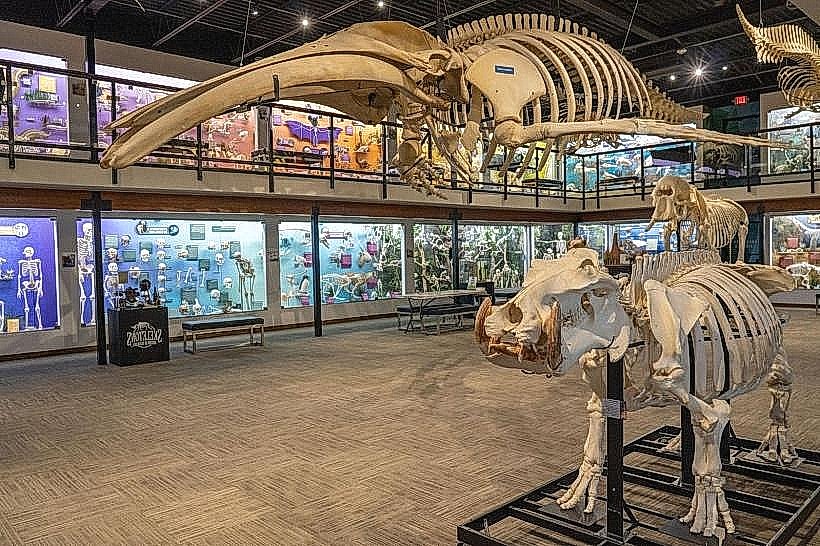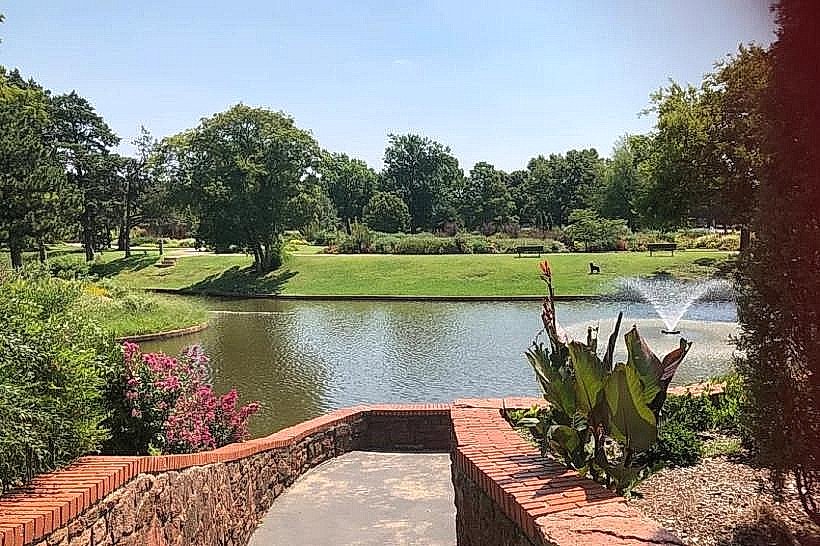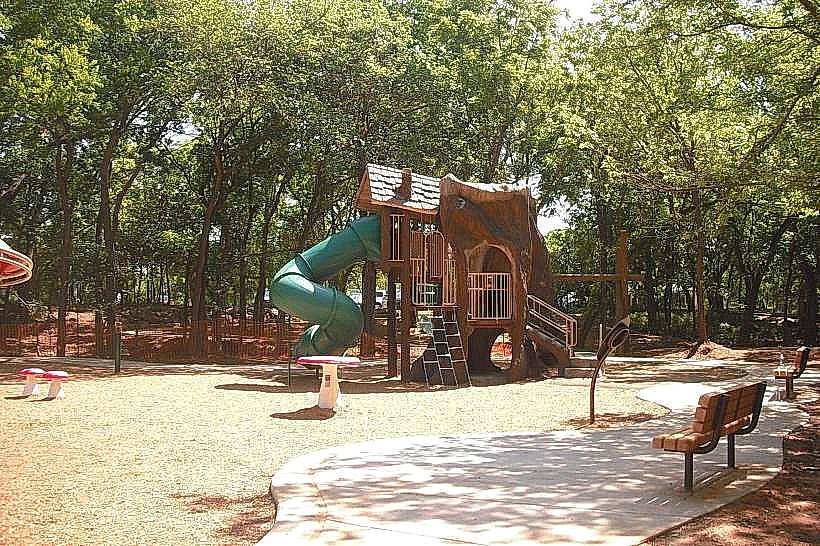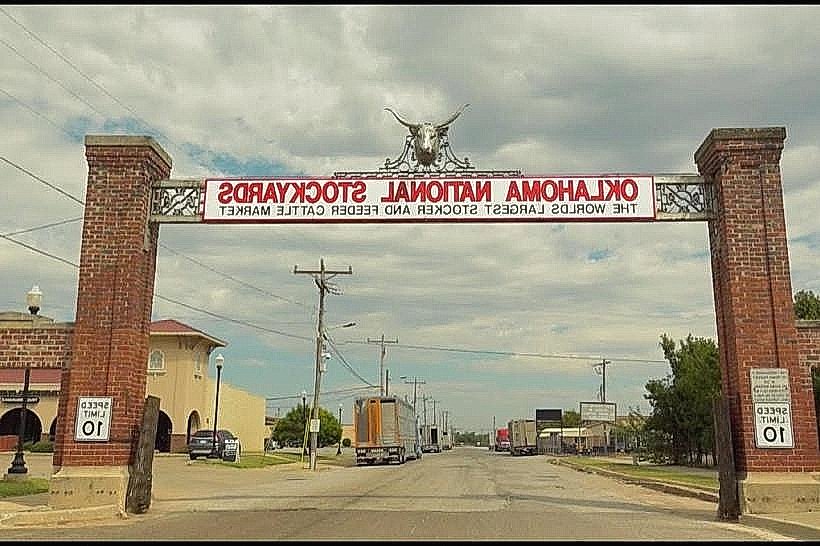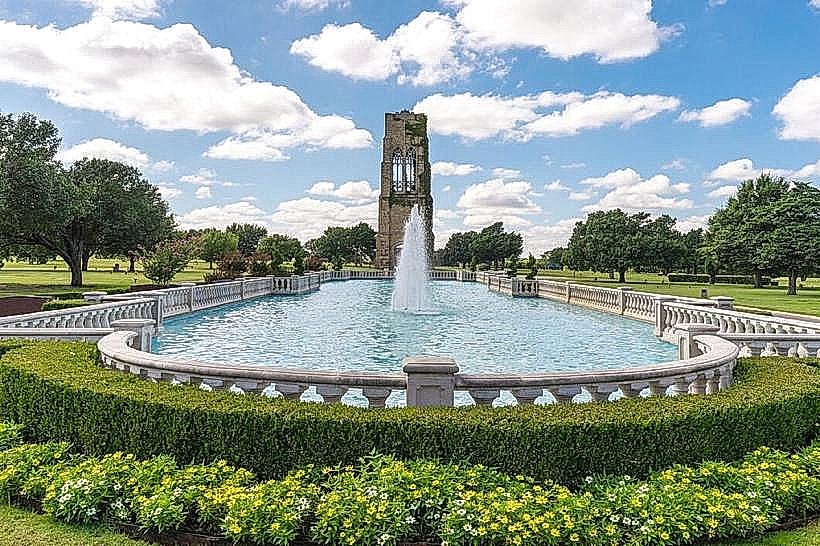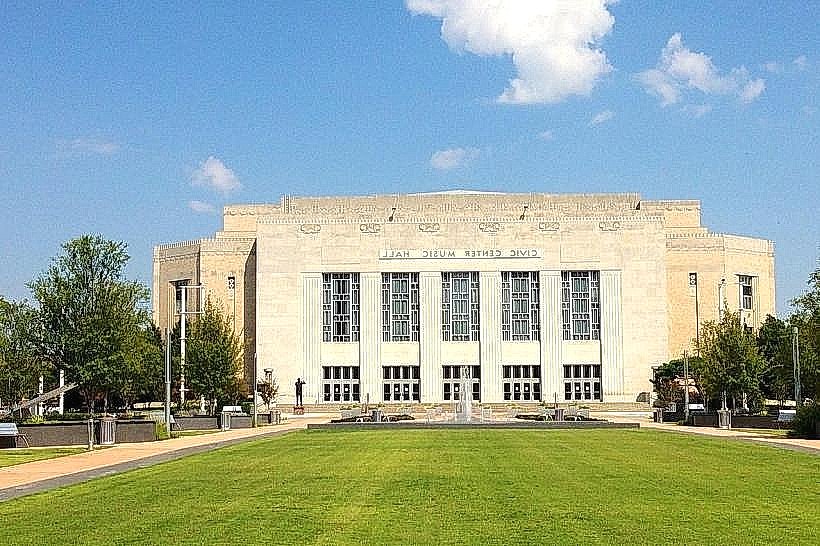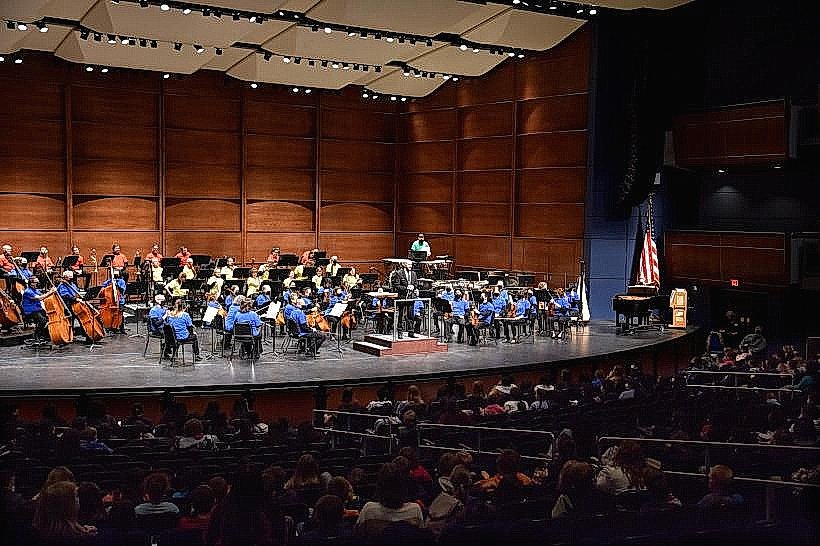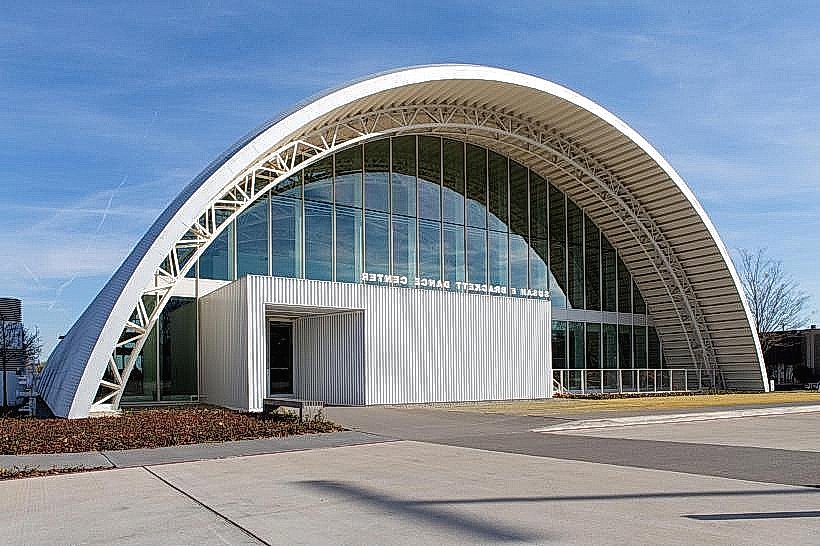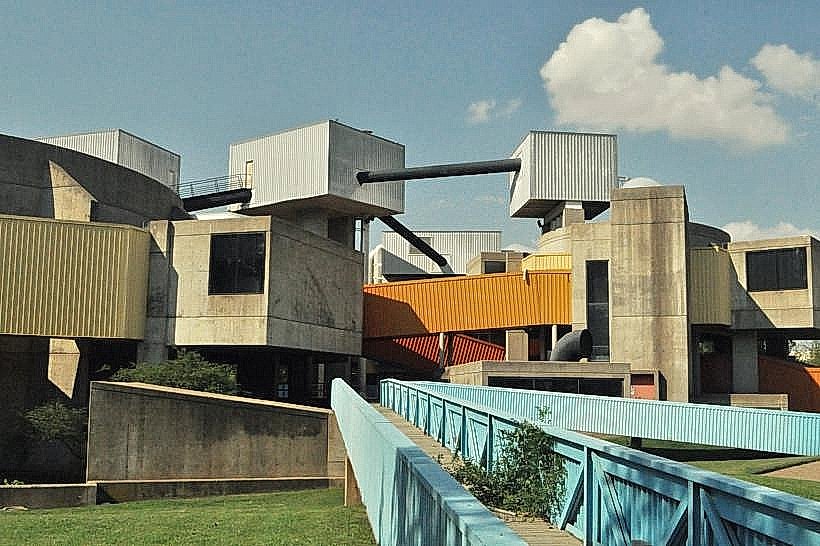Information
Landmark: Oklahoma History CenterCity: Oklahoma City
Country: USA Oklahoma
Continent: North America
Oklahoma History Center, Oklahoma City, USA Oklahoma, North America
The Oklahoma History Center is the state’s primary museum and research institution dedicated to preserving and presenting Oklahoma’s past. Located just northeast of the Oklahoma State Capitol in Oklahoma City, it provides an in-depth look at the state’s political, cultural, and social history while also serving as the headquarters of the Oklahoma Historical Society.
Origins and Purpose
The Oklahoma Historical Society was founded in 1893, only a few years after the Land Run of 1889, with the mission of collecting and preserving artifacts and documents that reflected the young territory’s history. Over time, its collections grew far beyond what could be displayed in earlier facilities. In 2005, the modern Oklahoma History Center opened, offering a state-of-the-art museum, archival spaces, and research facilities. Its dual purpose is to educate the public and to safeguard Oklahoma’s heritage for future generations.
Architecture and Layout
The building itself is modern and spacious, with large glass walls providing sweeping views of the State Capitol and Capitol grounds. The museum occupies 215,000 square feet spread across multiple levels, with permanent exhibits, rotating galleries, classrooms, an auditorium, and a research library. The design reflects openness and accessibility, balancing contemporary style with references to Oklahoma’s heritage.
Permanent Exhibits
The exhibits cover the state’s history from pre-contact Native cultures to the present day, emphasizing diversity and the blending of traditions. Notable sections include:
American Indian Experience: Highlighting the histories, cultures, and traditions of Oklahoma’s 39 federally recognized tribes, with artifacts, regalia, and oral histories.
Military History: Chronicling Oklahoma’s contributions from the frontier forts through both World Wars, Vietnam, and modern conflicts. Restored military vehicles and aircraft, including helicopters and jets, are on display.
Oklahoma @ the Movies: Exploring the state’s ties to film and television, with memorabilia from Will Rogers, James Garner, and other Oklahoma-born stars.
Pioneers and Settlement: Covering the Land Runs, early statehood, and the Dust Bowl era, with immersive displays of wagons, cabins, and pioneer life.
Oil and Gas Industry: Tracing the economic and cultural impact of Oklahoma’s energy sector, including machinery and drilling equipment.
African American Experience: Highlighting both struggles and achievements, from all-Black towns to the Tulsa Race Massacre and the Civil Rights movement.
Research and Archives
The Research Center houses millions of documents, photographs, maps, oral histories, and newspapers, making it one of the most valuable resources for scholars and genealogists studying Oklahoma and Native American history. It is open to the public for on-site research.
Programs and Events
The Oklahoma History Center hosts lectures, traveling exhibitions, book signings, cultural demonstrations, and teacher workshops. Educational programs cater to both students and adults, ensuring that history is presented in engaging ways. The facility also partners with tribal organizations and universities to expand its cultural programming.
Outdoor Displays
Surrounding the building are larger-than-life artifacts, including military aircraft, oilfield equipment, and a section of the Berlin Wall, symbolizing Oklahoma’s connection to world history. Landscaped grounds with walking paths provide additional interpretive experiences.
Visitor Experience
The museum is designed for a wide audience, from casual visitors to serious researchers.
Families often gravitate toward the immersive pioneer and military sections.
Genealogists and scholars make use of the extensive archival holdings.
The museum store offers Oklahoma-themed gifts, books, and Native art.
Role in the Community
The Oklahoma History Center serves not only as a museum but as a hub of identity for the state. By representing Native peoples, settlers, immigrants, military service members, and cultural icons, it offers a multifaceted narrative of Oklahoma’s past and present.
The Oklahoma History Center is both an educational destination and a symbol of the state’s effort to preserve its diverse heritage, combining hands-on exhibits, research resources, and cultural programming into a landmark institution.

